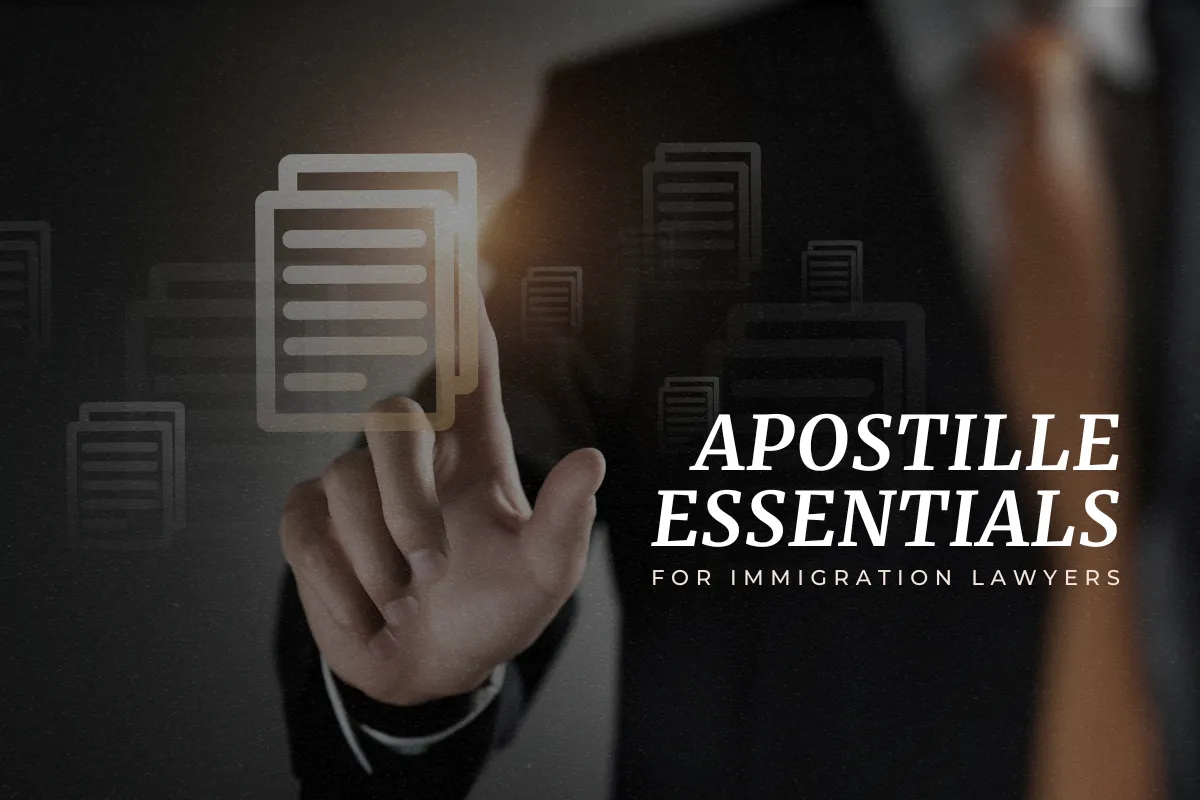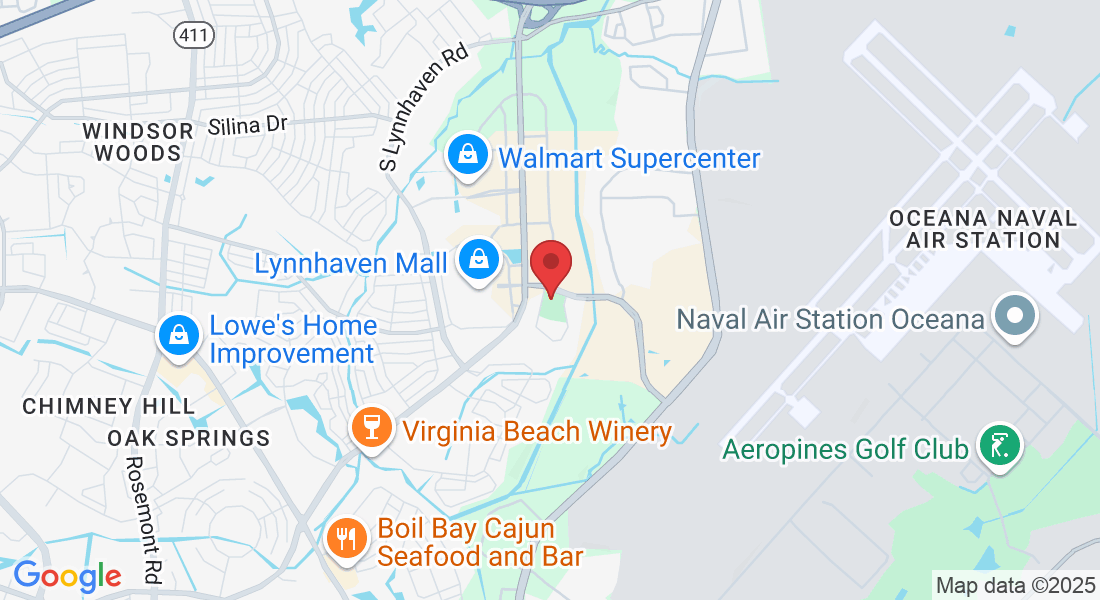
Apostille, Document Translation, and Notary Public Services
Simplified, Seamless, Solutions for your Verifications!

Apostille, Document Translation, and Notary Public Services
Simplified, Seamless, Solutions for your Verifications!
Ms. NotaRealty's Blogs

Apostille Essentials for Immigration Lawyers: Navigating International Document Authentication
As immigration lawyers, your role often involves managing a labyrinth of legal and procedural requirements to help clients navigate cross-border transitions. One key aspect of this process is ensuring that vital documents meet international authentication standards—a task that frequently calls for an apostille. But what exactly is an apostille, and why is it so crucial in immigration law? Here, we’ll demystify the apostille process, explain its requirements, and illustrate its importance for international filings.
Understanding the Hague Apostille Convention
The Hague Apostille Convention, formally known as the "Convention of 5 October 1961 Abolishing the Requirement of Legalisation for Foreign Public Documents," established a streamlined method for certifying public documents for use across borders. Member countries of the Convention accept a standardized apostille as proof of authenticity for documents originating in other member states.
An apostille certifies:
The authenticity of the issuing official’s signature
The capacity in which the official acted
The identity of the seal or stamp affixed to the document
This eliminates the need for a lengthy chain of certifications and legalizations, facilitating smoother international document exchanges.
U.S. Federal vs. State Documents: When Does Each Need an Apostille?
In the U.S., apostilles are issued either by the federal government or by state authorities, depending on the type of document in question.
Federal Documents: Documents like FBI background checks, federal court records, or documents issued by federal agencies require an apostille from the U.S. Department of State. For example, if a client is immigrating and needs to submit an FBI clearance, it must first be authenticated at the federal level.
State Documents: Documents such as birth certificates, marriage licenses, or state court judgments must be authenticated by the appropriate state authority (typically the Secretary of State’s office) in the state where the document was issued. Each state has its own apostille issuance process, which adds an additional layer of jurisdictional considerations.
Understanding the distinction between federal and state apostille requirements is critical to avoiding delays and ensuring your client’s application proceeds smoothly.
Apostille Requirements and Processing Times
To obtain an apostille, the document must first be notarized, certified, or issued by an authorized official. Immigration lawyers should ensure their clients follow these key steps:
Verify the Document’s Eligibility: Confirm that the document falls under the scope of the Apostille Convention and is destined for a Hague member country.
Authenticate the Document: Depending on the document type, this may involve notarization, certification by a clerk, or direct issuance by a government entity.
Submit to the Appropriate Authority: Submit to either the U.S. Department of State’s Office of Authentications (for federal documents) or to the Secretary of State’s office in the document’s issuing state (for state documents).
Timelines for apostille issuance can vary widely, from a few days to several weeks, depending on the issuing authority’s workload. Immigration lawyers should account for these timeframes when advising clients on documentation requirements.
Why Apostilles Are Critical for International Immigration Filings
An apostille isn’t just a bureaucratic formality; it’s a critical component of international immigration filings. Without proper authentication, documents may be rejected by foreign authorities, jeopardizing visa applications, residency petitions, or other immigration processes. For immigration lawyers, ensuring that every document is correctly apostilled minimizes the risk of procedural setbacks and enhances your clients’ chances of success.
Partnering for Success: How Verifiize Can Help
Navigating the apostille process can be time-consuming and intricate, but it doesn’t have to be a burden. Verifiize offers streamlined apostille services tailored to immigration lawyers, ensuring your clients’ documents are authenticated accurately and efficiently. From managing state-specific requirements to expediting federal apostille processing, Verifiize acts as a trusted partner in your practice.
By leveraging Verifiize’s expertise, you can focus on delivering exceptional legal counsel while we handle the complexities of international document authentication. Contact us today to learn more about how we can support your immigration practice.
----------- Testimonials ------------
What Our Clients Say!


Facebook
Instagram
X
LinkedIn